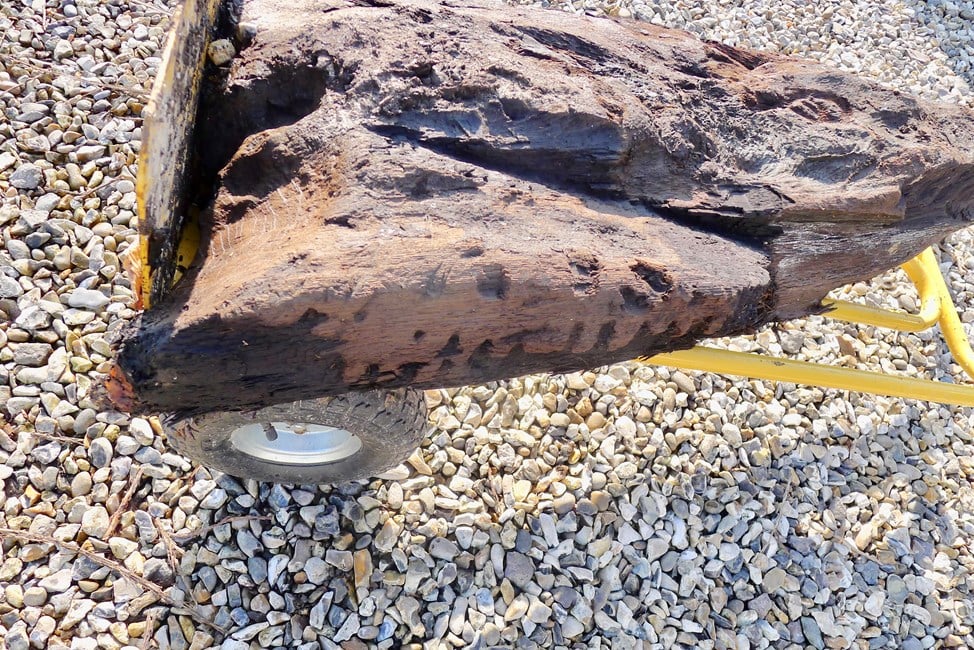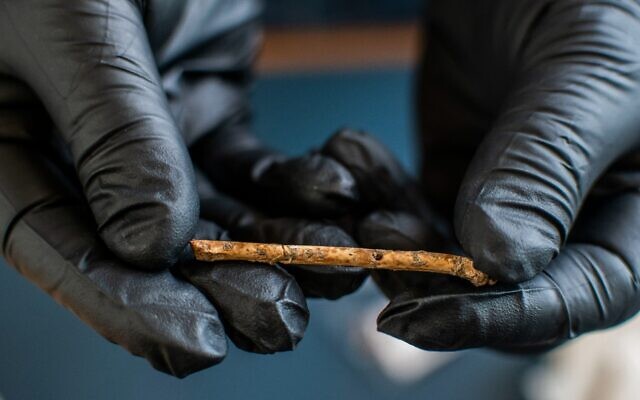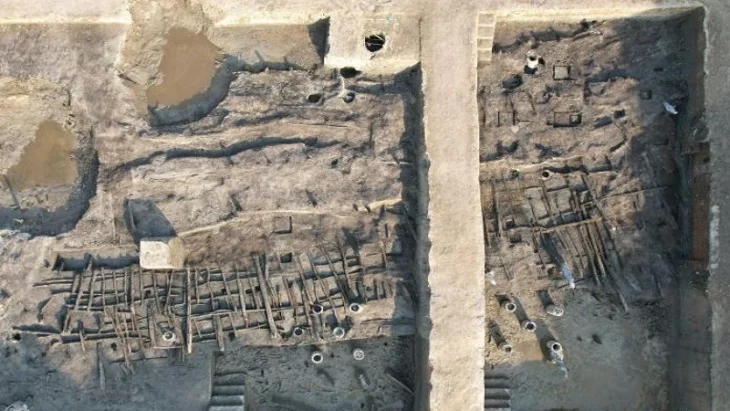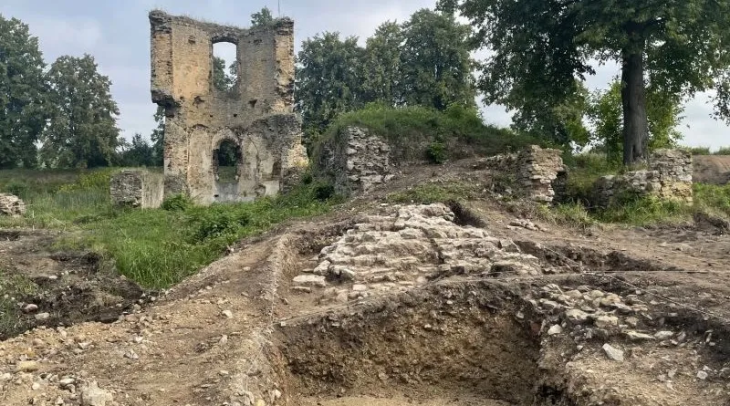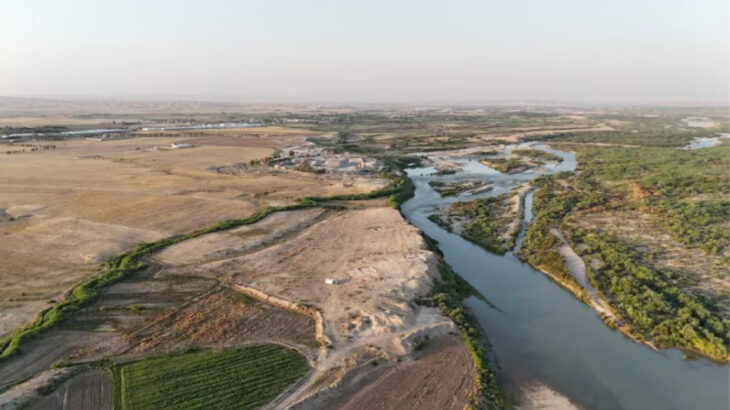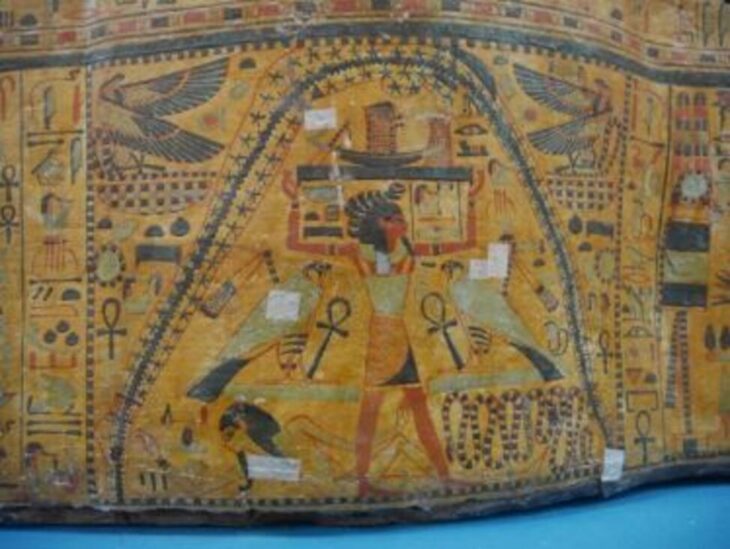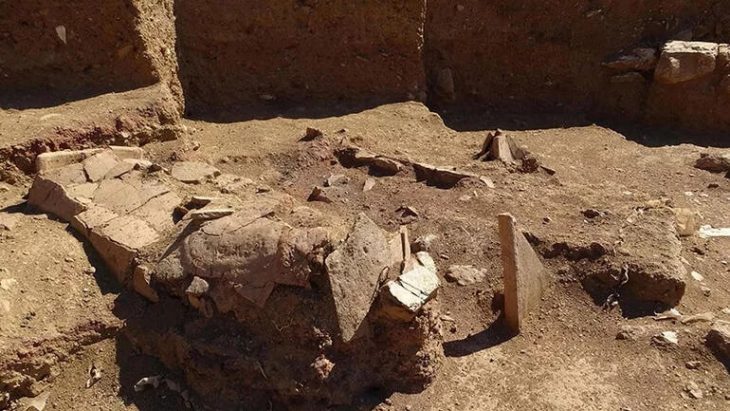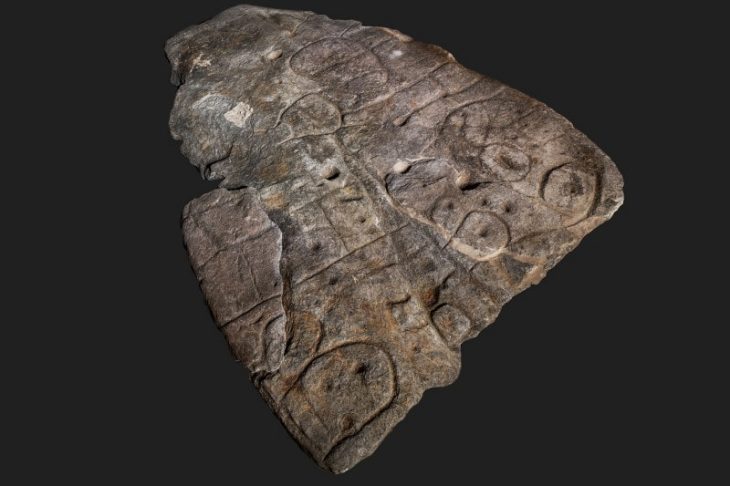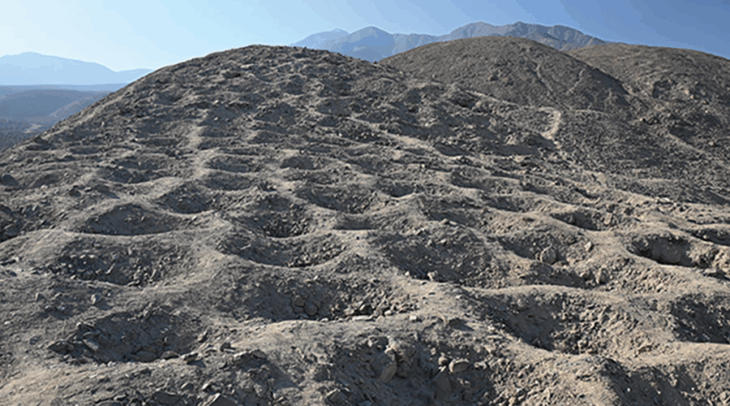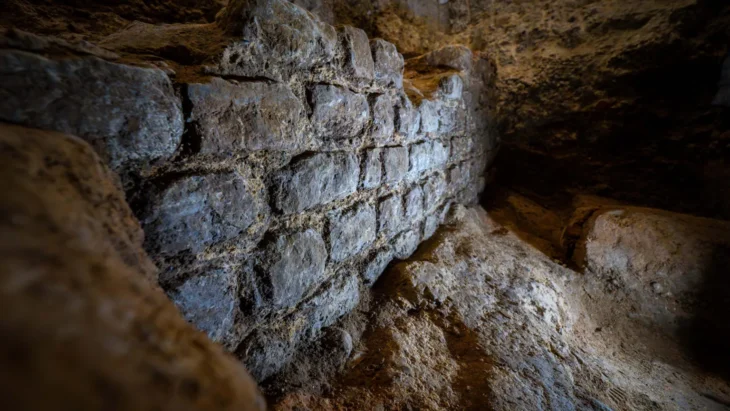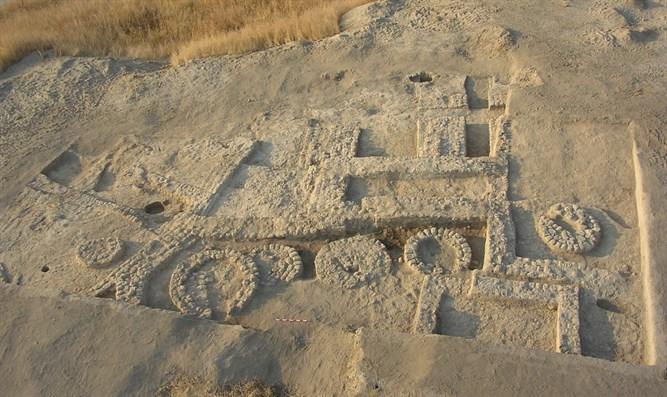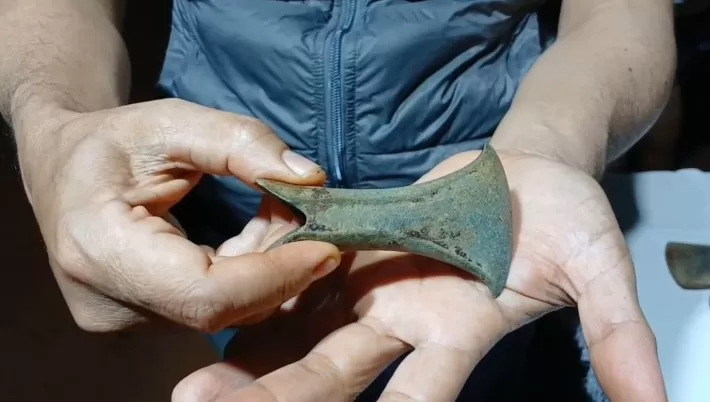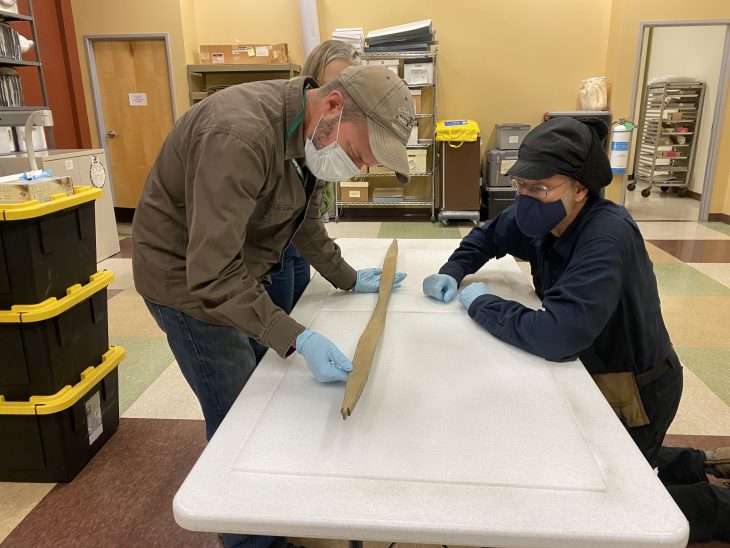A heavily notched oak timber found in a peat layer during construction work turned out to be the oldest piece of carved wood in Britain.
Radiocarbon dated to between 4640 and 4605 B.C., making it the oldest decoratively carved wood in Britain. It dated to more than 6,000 years ago, making it 2,000 years older than Stonehenge.
It is 400 years older than the previous record-holder, an oak post carved with wave and eye shapes discovered in Maerdy, Wales.
The meter-long (3.2ft) blackened piece of timber, with enigmatic carvings which have been compared to designs on ancient pottery, was found embedded in peat during the construction of an outbuilding at a property in the village of Boxford in Berkshire.
The markings also resemble those found on the oldest piece of carved wood – a figurine known as the Shigir Idol – a wooden sculpture found in the Ural mountains of Russia.
📣 Our WhatsApp channel is now LIVE! Stay up-to-date with the latest news and updates, just click here to follow us on WhatsApp and never miss a thing!!
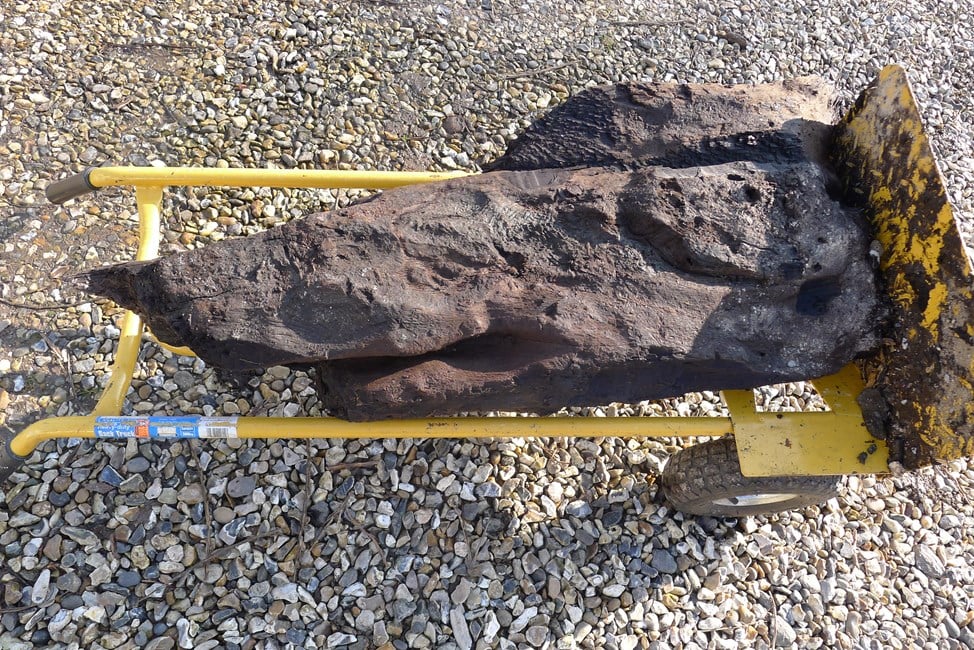
At 12,500 years old, Shigir Idol is thought to be the oldest example of carved wood in the world.
It has been dated by experts from Historic England, with scientists from the Nottingham tree-ring dating laboratory, and the Centre for Isotope Research at the University of Groningen, to between 4,640 BC and 4,605 BC.
The scientists used a combination of radiocarbon dating, and tree ring dating of a slice of the wood, which together give a 95% probability of the date.
The timber was found in a waterlogged layer, 1.5 meters below the present ground level. The site owner Derek Fawcettt, who immediately contacted the county archaeologist, Sarah Orr, said: “It was clearly very old and appeared well preserved in peat. After hosing it down we saw that it had markings that appeared unnatural and possibly man-made.”
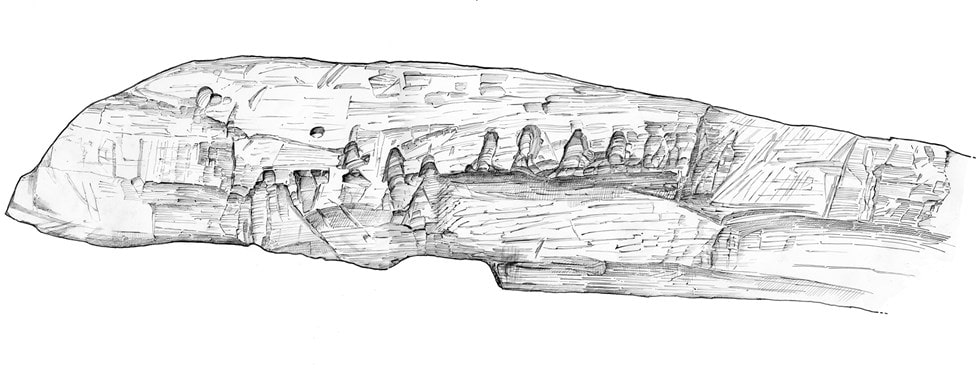
The carved wood oak is one metre long, 0.42 metres wide and 0.2 metres thick (3.2ft by 1.3ft by 0.6ft).
Duncan Wilson, chief executive of Historic England said: ‘It’s remarkable that by doing routine building work a piece of modest-looking decorative wood turns out to be the oldest ever found in Britain.
‘This exciting find has helped to shine new light on our distant past and we’re grateful to the landowner for recognising its significance.
The donation is announced to mark Museums Week, from June 5-11. Janine Fox, the curator of the West Berkshire Museum, described it as “a brilliant find”, which they will be excited to display. “Further study may reveal more about the markings on the oak and its context, but its unearthing gives us perspective on the long rich heritage of West Berkshire and a tangible link to humans who lived in this area long before any towns and villages had been created.”
Cover Photo: Derek Fawcett

